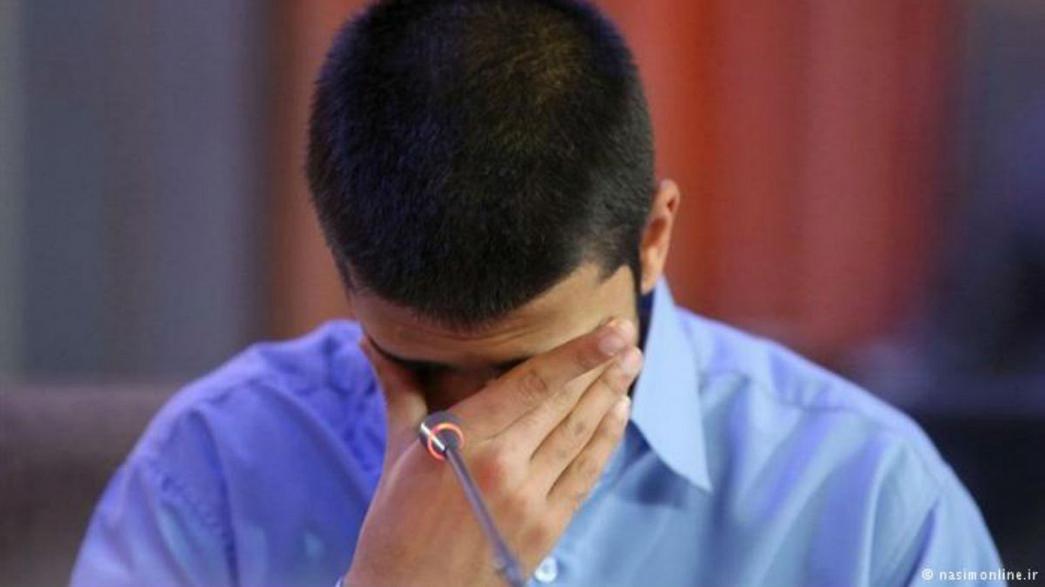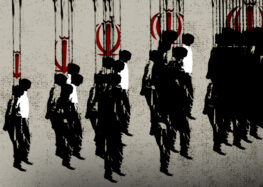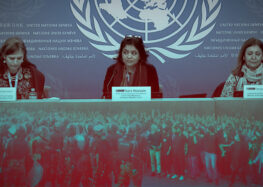Iran Executes 19-Year-Old Charged as Juvenile in Violation of Two International Treaties

Ignoring pleas by international organizations and in violation of two international treaties, Iran executed 19-year-old Amirhossein Pourjafar, who was sentenced to death as a juvenile, on January 4, 2018, in Tehran.
Pourjafar was 16 when he was charged with raping and murdering a six-year-old girl.
According to the International Covenant on Civil and Political Rights (ICCPR) and Convention on the Rights of the Child, it is illegal to execute someone for crimes committed under the age of eighteen. Iran is party to both treaties but remains one among a handful of countries still putting juveniles to death.
“The efforts made by Amirhossein’s family and myself to convince the family of [the victim] Setayesh Farahbakhsh to pardon him did not bear results and the Judiciary Chief [Sadegh Larijani] ordered the death sentence to be carried out,” attorney Mojtaba Farahbakhsh told the Center for Human Rights in Iran (CHRI) on January 3, 2017.
Born in December 1999, Pourjafar was accused of raping and murdering the Afghan girl on April 10, 2016, in the outskirts of the city of Varamin south of Tehran. The victim’s body was disfigured with acid.
According to his lawyer, the teenager confessed and was given two death sentences for rape and murder by Branch 7 of the Tehran Criminal Court in December 2016. The verdict was upheld by Branch 32 of the Supreme Court on January 9, 2017.
Farahbakhsh told CHRI that the official medical examiner concluded that Pourjafar was mature enough to understand the gravity of the crimes when he allegedly committed them.
According to Article 91 of Iran’s Islamic Penal Code, “If mature people under eighteen-years-old do not realize the nature of the crime committed or its prohibition, or if there is uncertainty about their full mental development, according to their age” they can be spared the death penalty.
“When the Islamic Penal Code was ratified, there was widespread publicity over claims by judicial authorities that the execution of juvenile offenders would be stopped,” human rights lawyer Nasrin Sotoudeh told CHRI in August 2017.
“However, we see these executions are on the rise,” she added.






